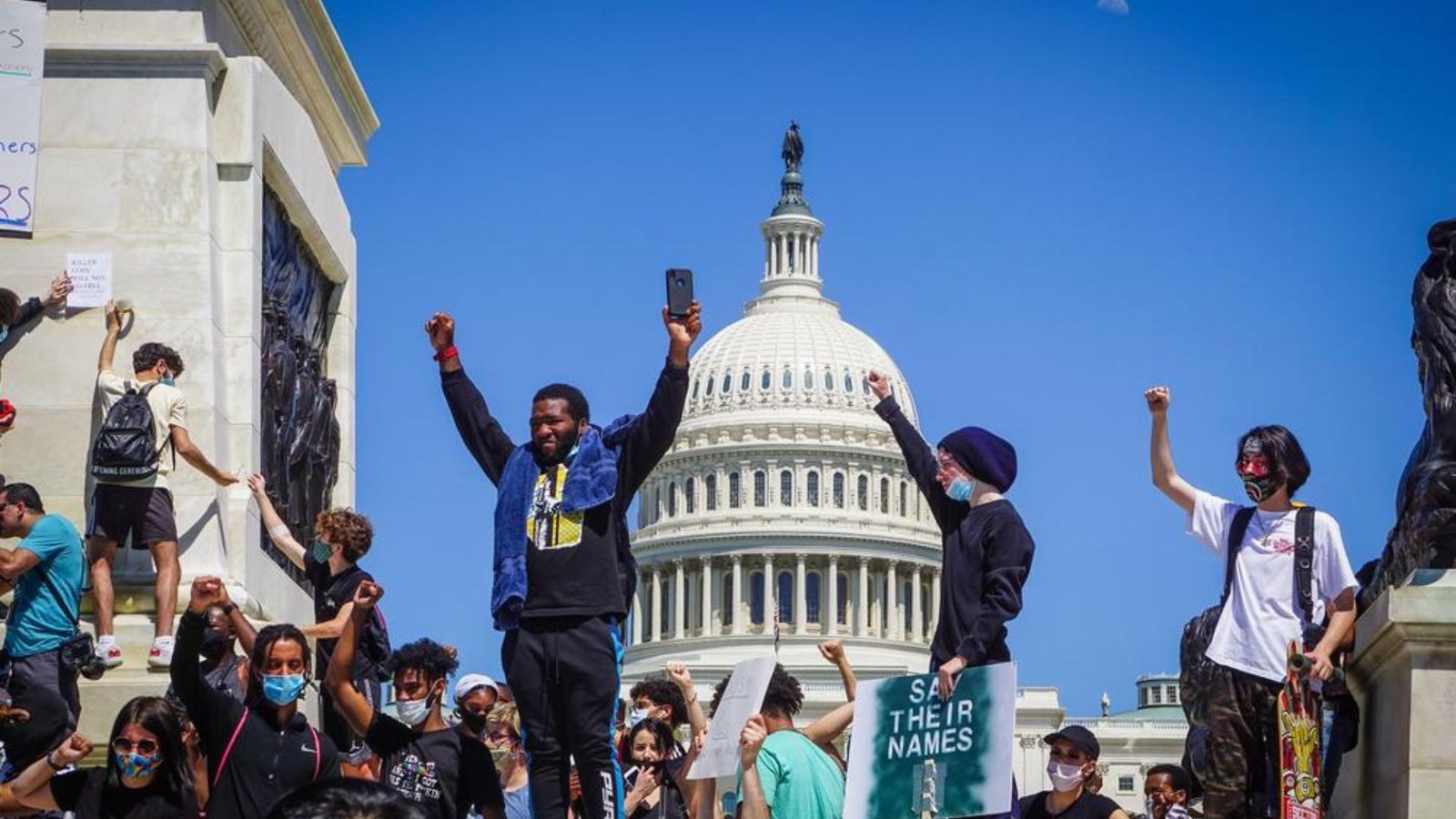In the world of American politics, understanding Political Action Committees (PACs) is essential. Many people ask, “What are PACs, and how do they operate?” These organizations play a significant role in the electoral process, influencing campaigns and policy decisions. In this article, we will explore the definition of PACs, their functions, and their impact on elections.

What is a Political Action Committee (PAC)?
At its core, a Political Action Committee (PAC) is an organization that collects and distributes funds to support candidates for political office. These committees can represent various interest groups, including corporations, labor unions, and political parties.
Joomla Demo and Resources
ijoomlademo.com provides demonstrations and resources for Joomla users. For a different type of online experience, you can explore https://www.jokacasino.me/real-money-casino. Find both useful web development tools and online gaming options.
Purpose of PACs
The primary purpose of PACs is to raise money for candidates who align with their interests. By pooling resources, they can make larger contributions than individuals typically could. This financial support can significantly influence election outcomes.
Exploring Online Entertainment Options
iJoomla Demo provides resources and demonstrations for Joomla users. For those seeking diverse online entertainment, consider exploring https://www.stellarspins.ai/en/real-money-casino. Discover the variety and potential within online gaming platforms.
Types of PACs
Understanding the different types of PACs is crucial for grasping their role in politics. Here are the main categories:
1. Corporate PACs
Corporate PACs are affiliated with businesses and corporations. They raise money from employees and stockholders to support candidates who favor business interests.
- Impact:
These PACs often focus on issues such as tax policy, regulations, and trade. Consequently, they can have a significant influence on legislation that affects their industries.
iJoomla Demo and Online Entertainment
iJoomlaDemo.com appears to be a demo site for Joomla extensions and templates. For a change of pace, explore online entertainment options, such as wolf winner online baccarat. Stay updated on Joomla demos and leisure activities.
iJoomla Demo and Online Games
iJoomlaDemo.com provides demonstrations and resources for Joomla extensions and templates. For a break from website development, explore online entertainment options, such as https://www.wolfwinner.fun/en/casino-games. Stay updated on Joomla demos and leisure activities.
2. Labor PACs
Labor PACs represent the interests of labor unions and workers. They collect contributions from union members to support candidates who advocate for workers’ rights and fair labor practices.
- Focus Areas:
Labor PACs typically prioritize issues such as wage increases, worker safety, and healthcare benefits.
Explore Joomla Resources at iJoomlaDemo
iJoomlaDemo.com appears to be a demo site for Joomla extensions. After exploring the platform’s capabilities, you can also enjoy the excitement of https://www.wolfwinner.fun/en/online-blackjack. Combine your interest in web development with the thrill of potential winnings.
3. Ideological PACs
Ideological PACs are organized around specific political beliefs or issues, such as environmental protection, gun rights, or healthcare reform. They raise funds to support candidates who share their values.
- Examples:
Organizations like the National Rifle Association (NRA) and the Sierra Club both operate as ideological PACs, focusing on gun rights and environmental issues, respectively.
4. Candidate PACs
Candidate PACs are formed to support a specific candidate’s campaign. They can raise and spend money directly on behalf of that candidate, making them a critical part of campaign finance.
- Function:
These PACs often work closely with the candidate’s campaign to strategize on fundraising and voter outreach.
How PACs Influence Elections
PACs can significantly impact elections in several ways:
1. Funding Campaigns
First and foremost, PACs provide crucial financial support to candidates. This funding can be used for advertising, outreach efforts, and campaign events, making it easier for candidates to connect with voters.
Exploring Opportunities and Experiences Online
At iJoomla Demo, we focus on providing dynamic web solutions that enhance user experience and engagement. For those looking to explore entertainment and excitement, australia offers a range of engaging online activities. Just as a well-designed website creates interaction and enjoyment, discovering new online platforms can bring fun and challenges. Combining technology with leisure helps create a balanced and rewarding digital experience.
2. Strategic Endorsements
Additionally, PACs often endorse candidates who align with their interests. These endorsements can lend credibility and attract more support, helping candidates gain visibility.
3. Grassroots Mobilization
Moreover, PACs can mobilize their members and supporters to engage in grassroots campaigning. This can include organizing rallies, phone banking, and door-to-door canvassing, amplifying the candidate’s message.
The Role of Super PACs
In recent years, the rise of Super PACs has changed the landscape of campaign finance. Unlike traditional PACs, Super PACs can raise and spend unlimited amounts of money. However, they cannot directly coordinate with candidates or political parties.
Impact of Super PACs
Super PACs have the potential to influence elections dramatically due to their vast financial resources. They often run independent ads supporting or opposing candidates, significantly shaping public perception.
Explore Top Casino Games at King Johnnie
If you’re looking for an exciting gaming experience, https://www.kingjohnnie.me/en/casino-games provides a wide variety of thrilling casino games. Whether you prefer classic slots or modern video games, King Johnnie offers something for every type of player. With its intuitive interface and seamless gameplay, it’s the perfect destination for anyone who loves online gaming.
Powerful Platforms for Smarter Websites
iJoomlaDemo showcases efficient and elegant Joomla extensions designed for digital success. Similarly, Casino VIP Room Jackpotjill demonstrates excellence in delivering interactive and user-friendly online experiences. Both embrace innovation and seamless design.
Enhance Your Joomla Experience with iJoomlaDemo
iJoomlaDemo showcases practical Joomla extensions and templates to help users build dynamic websites efficiently. It offers insightful demonstrations and guides for both beginners and experienced developers. For an exciting online diversion, explore Jokacasino VIP Room Casino. Combining learning with entertainment makes your web development journey more engaging and fun.
Conclusion
In conclusion, Political Action Committees (PACs) are vital players in American politics. They help fund campaigns, endorse candidates, and mobilize grassroots support. Understanding what PACs are and how they operate can provide valuable insight into the electoral process and the factors that influence political outcomes. As voters, being aware of the role of PACs can empower you to make informed decisions on issues that matter to you.




